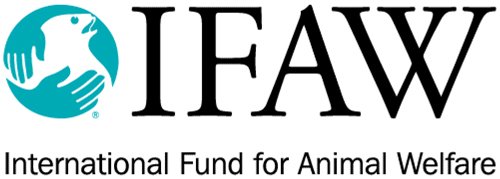Washington, DC, USA
The International Fund for Animal Welfare (IFAW) was founded in 1969 by Brian Davies, a Welshman who immigrated to Canada in 1995. Its original purpose was to stop the commercial hunt of seals on the east coast of Canada. Today, IFAW operates 40 countries, employing in excess of 300 people and is one of the world’s most influential and best funded animal welfare and, arguably, rights NGOs.
The International Fund for Animal Welfare counts among its successes, in its words, ‘having spearheaded international efforts to establish the Southern Ocean marine sanctuary that protects 90% of the world’s whales’. It also claims the credit for persuading the International Court of Justice to find that Japan’s Southern Ocean whale hunt was illegal under international law. IFAW says that it played a leading role in securing the 1989 ban on the ivory trade. Much of its work on land is, in its words, ‘anchored around rescue and rehabilitation of animals’. Another major part of its work focuses on combating illegal wildlife trade and the enforcement of CITES’ regulations. It opposes militantly both trophy hunting and the ivory trade, as a matter of principle.
In 2004, IFAW admitted to the Guardian newspaper that it paid for delegates from Togo, Senegal and the Democratic Republic of Congo to attend CITES’ CoP-13, while claiming that they would have no influence on how the countries vote. In the late 1990s, in seeming coordination with the UK Labour Party’s declaration to oppose fox hunting, Brian Davies donated one million pounds sterling to the party, following a private dinner with Tony Blair (in the UK IFAW is a private company, not a charity). Source: The Independent.
Leadership
The The International Fund for Animal Welfare CEO and President is Azzedine Downes, who headed for many years IFAW’s delegations to CITES.
Governance
Board of directors chaired by Mark Beaudouin.
Finance
Its annual report stated that IFAW’s total worldwide programmes and operating expenses were USD 111,626,000 in 2019.


